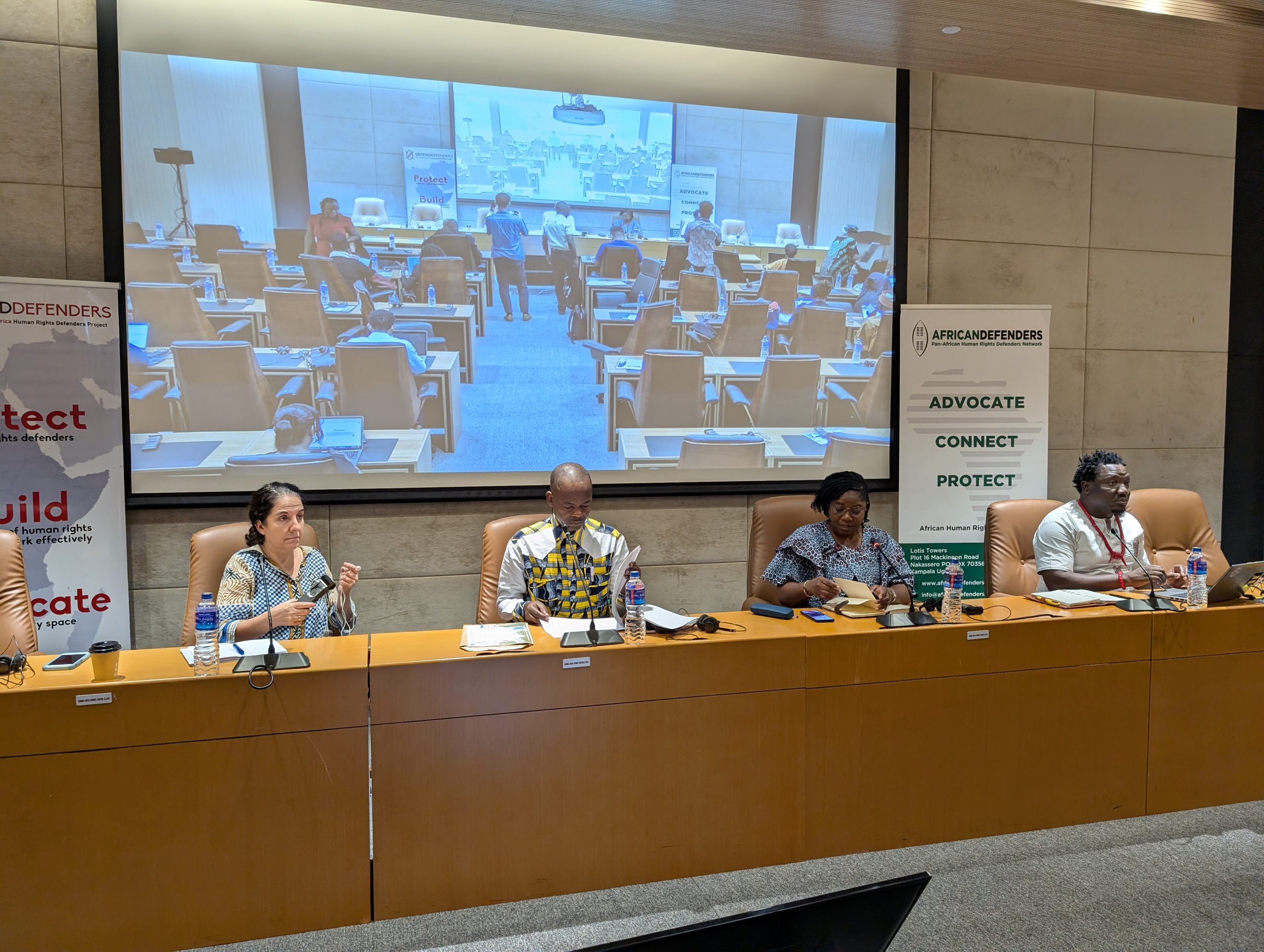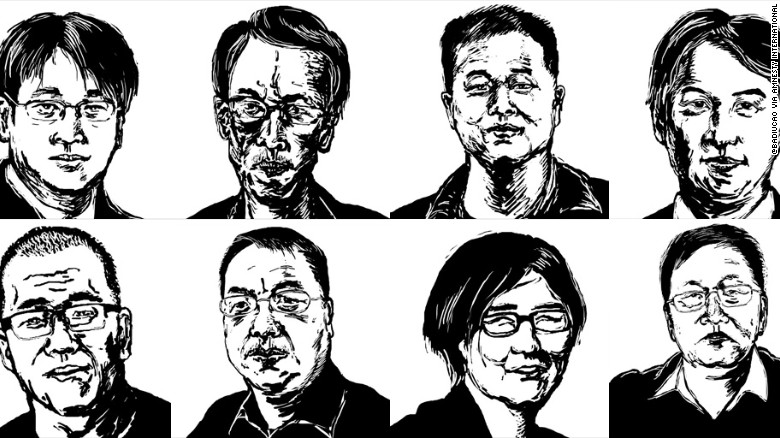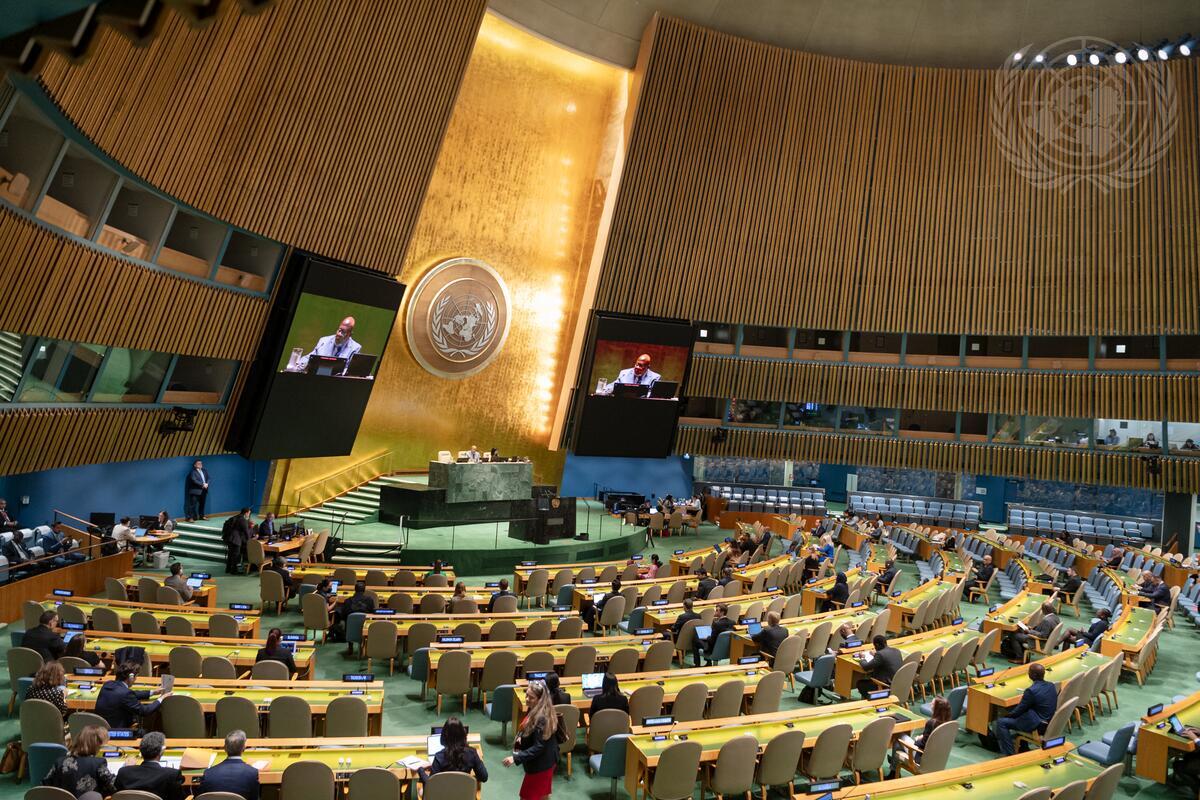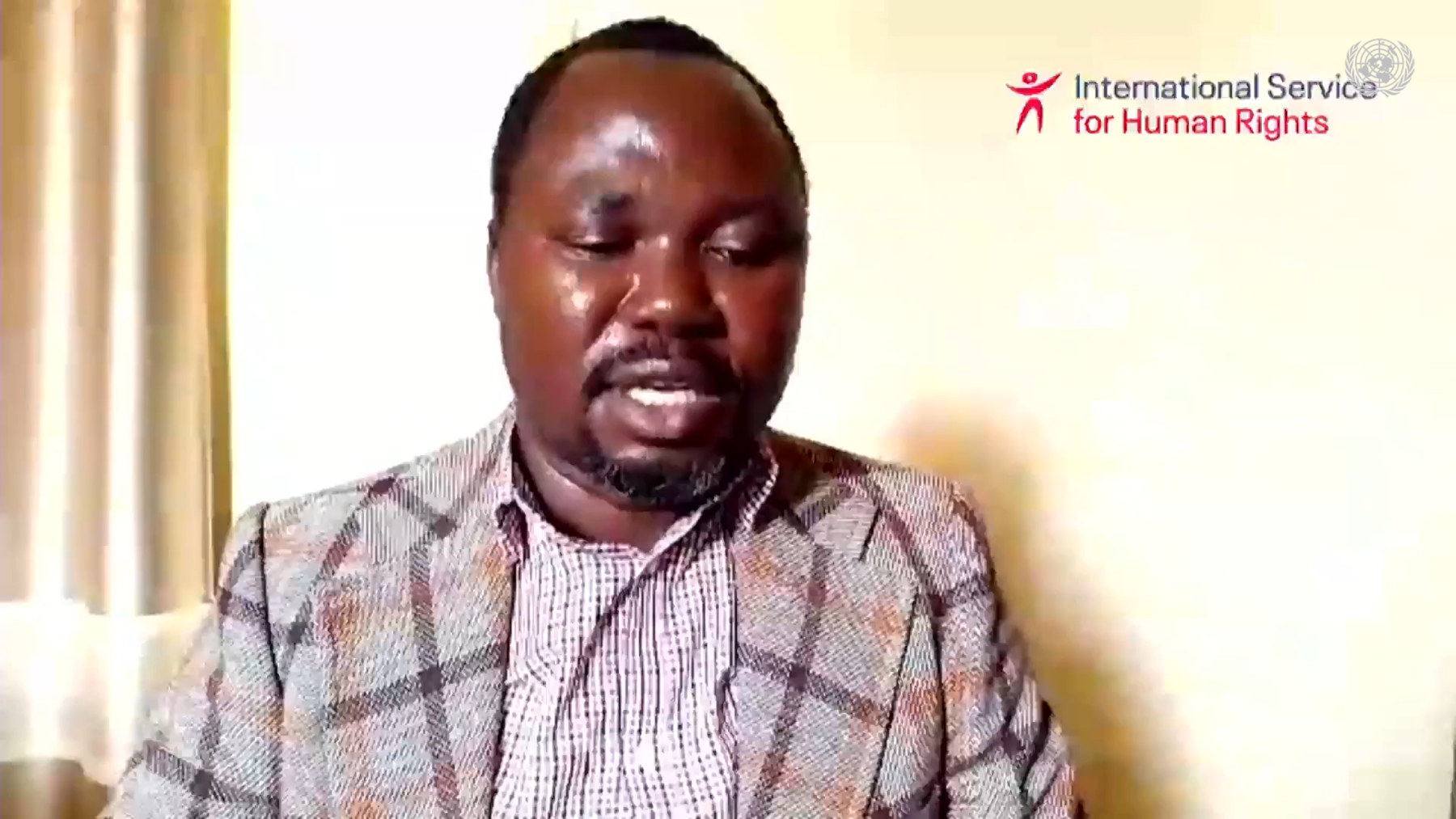The third Universal Periodic Review (UPR) of China last Tuesday was a once-in-five-years occasion for States to cast a light on serious restrictions on fundamental freedoms and basic human rights in the country. A group of European and Latin American States stood up to denounce ongoing restrictions on human rights defenders and civil society, remaining principled in the face of overwhelming support for socio-economic development and poverty-alleviation efforts expressed by China’s diplomatic allies.
Says Sarah M. Brooks, ISHR’s Asia advocate, ‘The recommendations from a cross-regional group of States speak for themselves. Support for human rights defenders and civil society can no longer be dismissed by China as a “Western” pre-occupation. Their work is, in fact, essential to sustainable development and the protection of all human rights, including economic, social and cultural rights’.
The Chinese delegation, however, failed to acknowledge this global consensus. Instead, as they have done previously in Council statements and in hostile amendments to Council resolutions, they not only refused to recognise the contributions of civil society and human rights defenders to improved policies but also cast doubt on their legitimacy, portraying them as ‘anti-China’ and working to ‘undermine the country’.
‘That even in the context of the UPR the Chinese government should be so unashamedly on the wrong side of a broadly-shared consensus on defenders, including as expressed by the UN Secretary-General, says volumes about the challenges defenders are facing at home’, adds Brooks.
Systematic attacks on human rights defenders
Around 15 States made explicit reference to the detention of defenders and acute restrictions to their basic rights. The United States was the only country to bring up individual cases, calling for the release of Tashi Wangchuk, Ilham Tohti, Huang Qi and Wang Quanzhang. This echoed ISHR’s joint statement on citizen journalist and human rights activist Huang Qi, calling for his immediate release in light of a life-threatening deterioration of his health while in detention.
States demanded that China release all arbitrarily detained human rights defenders and guarantee their basic rights to freedom of expression, peaceful assembly and association. Ireland urged China to take immediate action to allow defenders and lawyers to exercise their basic rights ‘without threats, harassment or repercussions.’ Estonia prompted China to ‘enable all members of civil society to engage with UN mechanisms without fear of intimidation and reprisals.’
Likewise, Argentina recommended that China ensure a ‘safe environment to those who protect human rights,’ including human rights defenders and journalists, and prevent any acts and sanctions against them.
Click here to see ISHR ‘s submission and ISHR’s joint UPR submission with the Committee to Project Journalists, with a focus on defenders working on freedom of expression.
Shrinking civic space
States shared common criticisms directed against censorship both online and offline, strict monitoring and surveillance of NGOs, and restrictions on access to foreign funding. Recommendations called on China to guarantee freedom of opinion and expression, and freedom of peaceful assembly and association for all citizens, in particular human rights defenders, journalists, and lawyers.
Two states, Germany and Switzerland, explicitly pressed China to repeal Article 73 of the Criminal Procedure Law allowing for ‘Residential Surveillance under a Designated Location’ (RSDL), a form of enforced disappearance under international human rights law. The United States called, more generally, for an end to all arbitrary detention.
Positive steps for LGBTI rights
Six States (Argentina, Chile, Mexico, France, Ireland, Netherlands) recommended that China adopt legislation against discrimination, including based on sexual orientation and gender identity. The Netherlands called for the adoption within one year of legislation prohibiting discrimination on the basis of sexual orientation or gender identity in the public and private spheres.
In its last review in 2013, the Chinese delegation had accepted all recommendations on taking steps to protect LGBT persons against discrimination in schools and in the workplace. This time China declared it protected LGBT rights, namely the right to health, and protection of privacy. Still, it refused to consider the non-recognition of same-sex marriage as a form of discrimination, citing ‘cultural and historical reasons’.
China confronted on reeducation camps
Muslim-majority countries, including China’s closest neighbours and those active on the situation of Rohingya in Myanmar, failed to raise the extreme repression, including internment, of Turkic Muslims in the north-western Chinese province of Xinjiang. However, a number of Western States made explicit mention of such political reeducation camps, calling for their closure and the release of all those arbitrarily detained, and urging the government to give UN experts unhindered access to the region.
In the meantime, China brushed away attacks on what it has attempted to portray as ‘vocational training centres’. The delegation, represented by the United Front Work Department and the Urumqi city government, claimed these centres aim to educate individuals involved in minor offenses and prevent them from ‘falling into extremism’ by offering ‘voluntary’ skills-training. Such outright endorsement of grave rights abuses should draw much wider attention from the international community.
A turning point?
Other significant recommendations included protections for vulnerable groups, including people with disabilities; greater accountability for the actions of Chinese companies overseas; abolishing or imposing a moratorium on the use of death penalty; establishing a National Human Rights Institution in line with the Paris Principles; and ratifying international instruments such as the International Covenant on Civil and Political Rights.
On the whole, regardless of how the Chinese government decides to respond to the hundreds of recommendations – both good and bad – that it received, the three hour process in Geneva was remarkable for another reason. Rather than engaging constructively with the dialogue, and remaining focused on the domestic situation, China used the platform to reiterate its commitment to forge a ‘new type of international relations’, one which privileges ‘cooperation’ over accountability, once again raising the threat of ongoing impunity for massive rights violations not only in China, but around the world.
The assertion of human rights with ‘socialist Chinese characteristics’ as a legitimate alternative to the international human rights system should make all governments in the room – and all civil society watching, especially those in the country – deeply concerned and reinvigorate efforts to stand up jointly for universal values.




